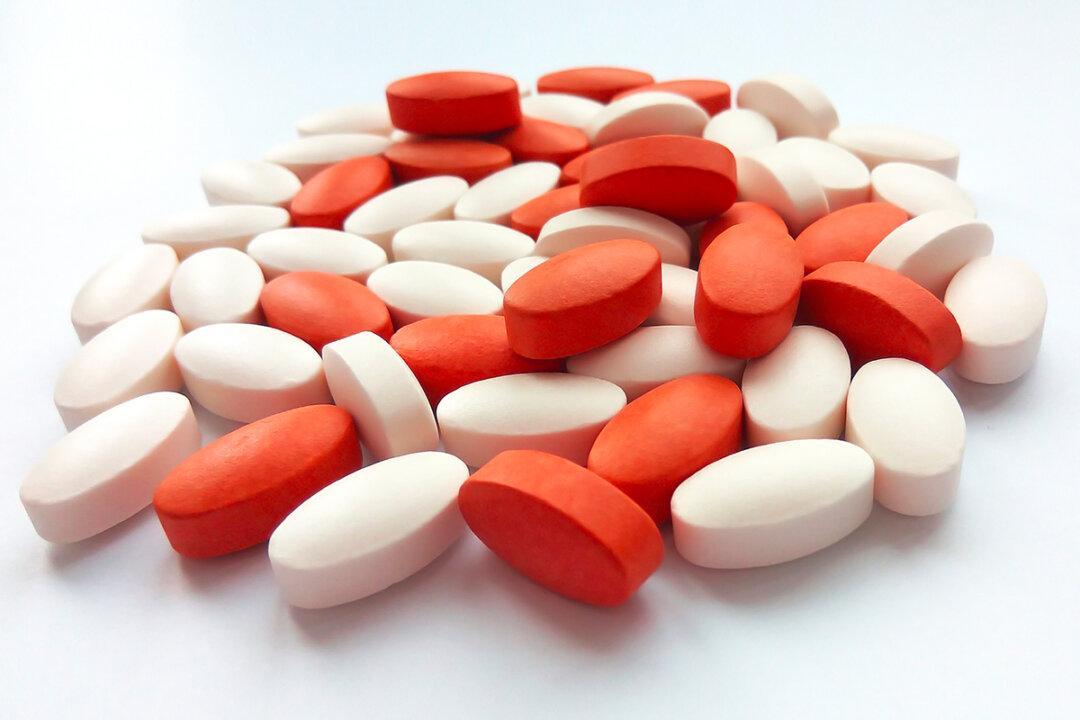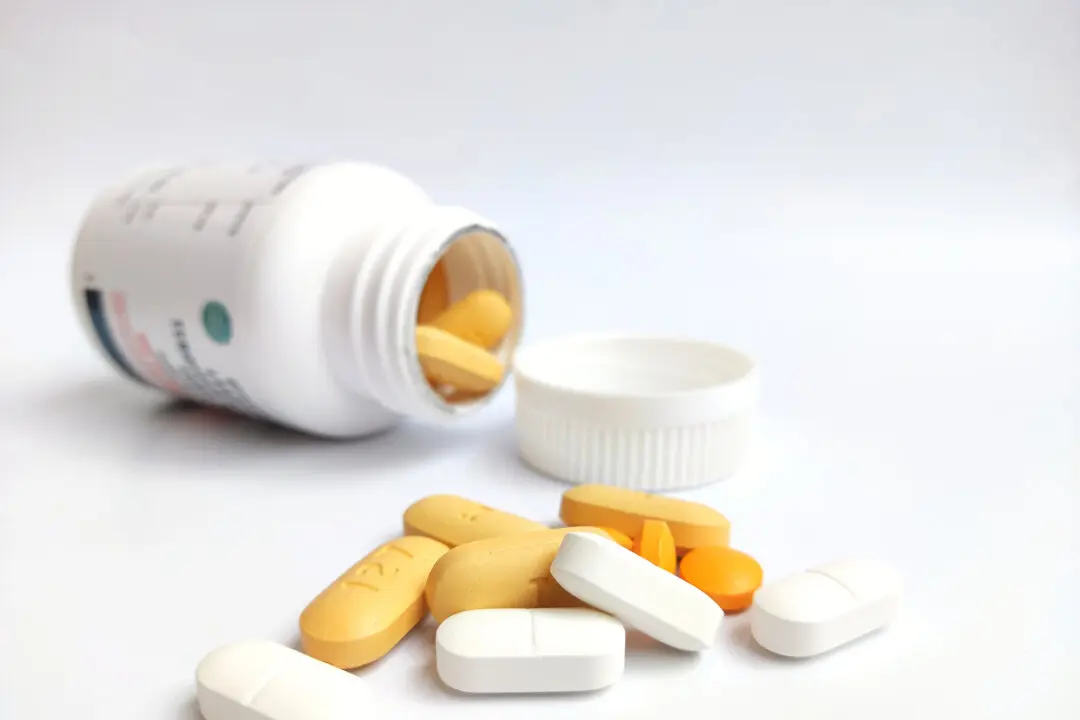Colds, flu, or allergies can send you running to the medicine aisle looking for nasal decongestants that claim to relieve symptoms and unblock a stuffy nose.
But the active ingredient in many of them, called phenylephrine (PE), doesn’t offer any real benefits when taken orally, according to the U.S. Food and Drug Administration (FDA). In fact, it may even cause harm, according to Dr. William Schaffner, an infectious disease specialist and professor at Vanderbilt University School of Medicine.






